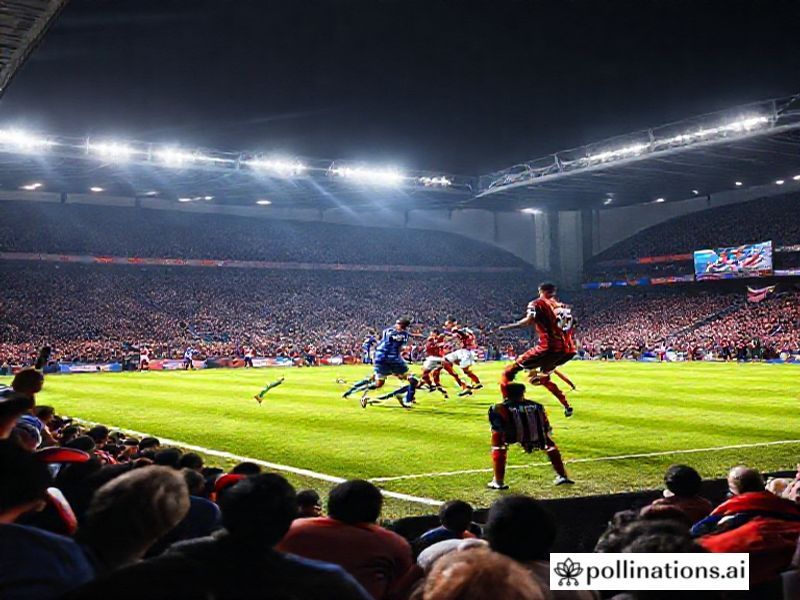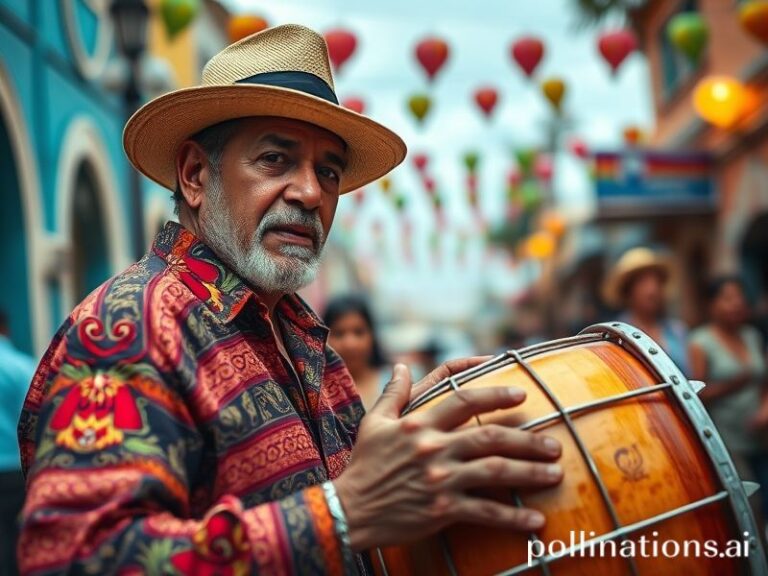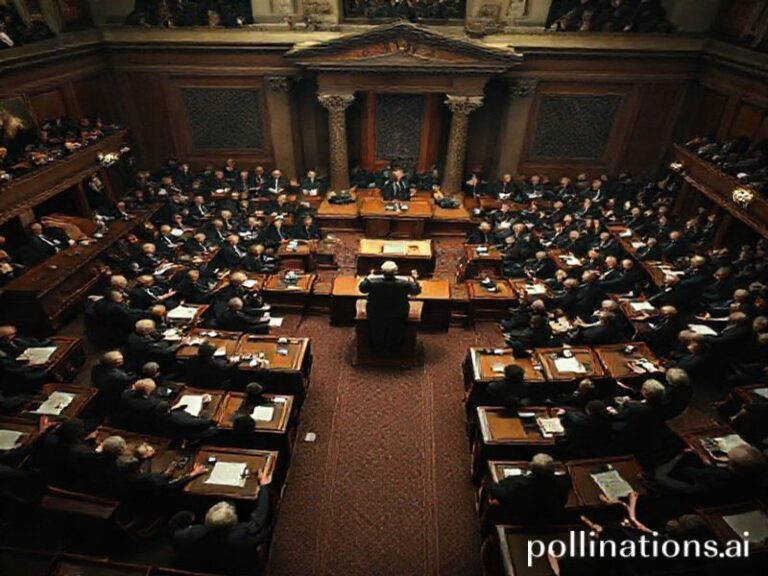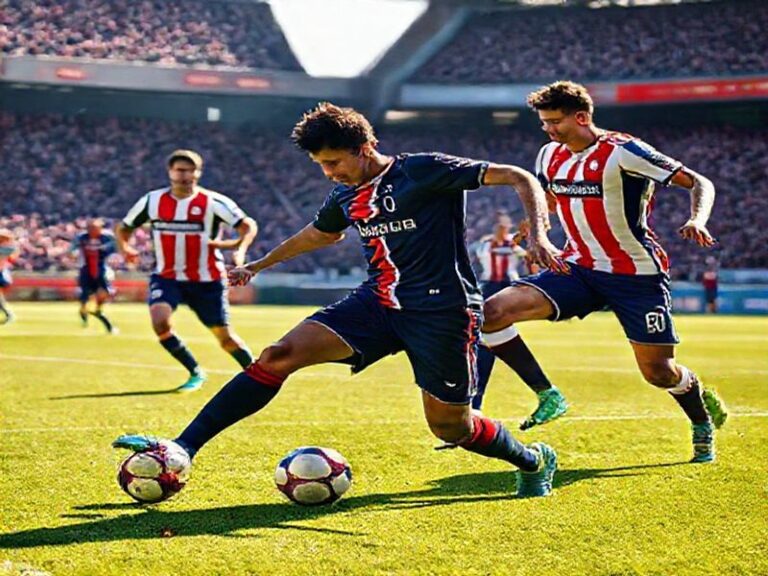Birmingham vs. Millwall: The Football Feud That’s Got the World Buzzing
### **Birmingham vs. Millwall: The Football Feud That’s Got the World Talking**
In the vast, chaotic digital coliseum of the internet, few things ignite global fervor like a good old-fashioned rivalry. And right now, the clash between Birmingham City and Millwall is stealing the spotlight, proving that football (or soccer, for our American friends) isn’t just a game—it’s a cultural phenomenon that transcends borders, languages, and even common sense.
#### **The Rivalry: A Brief History of Chaos**
Birmingham City and Millwall have been at each other’s throats for decades, but their rivalry reached new heights in the 1980s and 1990s, when both clubs were known for their hard-nosed, no-nonsense approach to the game. The two teams have a history of heated encounters, both on and off the pitch, with incidents ranging from on-field brawls to fan clashes that would make even the most hardened internet troll blush.
The rivalry is often described as “the most underrated in English football,” which is a polite way of saying it’s a powder keg waiting to explode. And explode it did, most recently in a fiery Championship match that left fans and internet commentators alike buzzing with a mix of excitement and dread.
#### **Why Is This Trending Globally?**
So, why is this particular rivalry trending now? For starters, the internet loves a good underdog story, and both Birmingham and Millwall fit that mold perfectly. Neither club is a household name like Manchester United or Liverpool, but their passionate fanbases and storied histories make them compelling underdogs in the eyes of global football fans.
Secondly, social media has turned football into a 24/7 spectacle. Every tackle, every goal, every post-match interview is dissected, memed, and debated ad nauseam. The Birmingham vs. Millwall clash was no exception, with fans from both sides taking to Twitter, Reddit, and TikTok to share their thoughts, memes, and, of course, the inevitable “my team is better than yours” banter.
Lastly, the cultural context of this rivalry adds an extra layer of intrigue. Birmingham and Millwall are both working-class clubs with deep roots in their communities. Their fans are known for their loyalty, their passion, and their ability to turn a football match into a full-blown cultural event. In an era where football is increasingly commercialized, these clubs represent a throwback to a simpler, grittier time—a time when football was about more than just money and fame.
#### **Social Impact: More Than Just a Game**
The Birmingham vs. Millwall rivalry isn’t just about football; it’s about identity, community, and the power of fandom. For many fans, supporting their team is a way of life, a badge of honor that connects them to their roots and their peers. In a world that’s increasingly divided, football has the unique ability to bring people together, even if it’s just to argue about who has the better stadium.
Moreover, the rivalry has sparked conversations about the state of modern football. As clubs like Manchester City and Paris Saint-Germain dominate the headlines with their astronomical transfer fees and global superstar players, smaller clubs like Birmingham and Millwall offer a refreshing reminder of what football is really about: passion, grit, and the unbreakable bond between a team and its fans.
#### **What Makes This Topic Significant?**
The significance of the Birmingham vs. Millwall rivalry lies in its ability to capture the essence of football in its purest form. It’s a clash of cultures, a battle of identities, and a testament to the enduring power of fandom. In a world where football is often reduced to a business, this rivalry reminds us that the beautiful game is still, at its core, about the people who love it.
So, whether you’re a die-hard Birmingham fan, a Millwall loyalist, or just someone who enjoys a good internet debate, one thing is clear: the Birmingham vs. Millwall rivalry is more than just a football match. It’s a cultural phenomenon, a social commentary, and a reminder that, in the end, it’s not just about the game—it’s about the people who play it and the fans who live for it.
—







